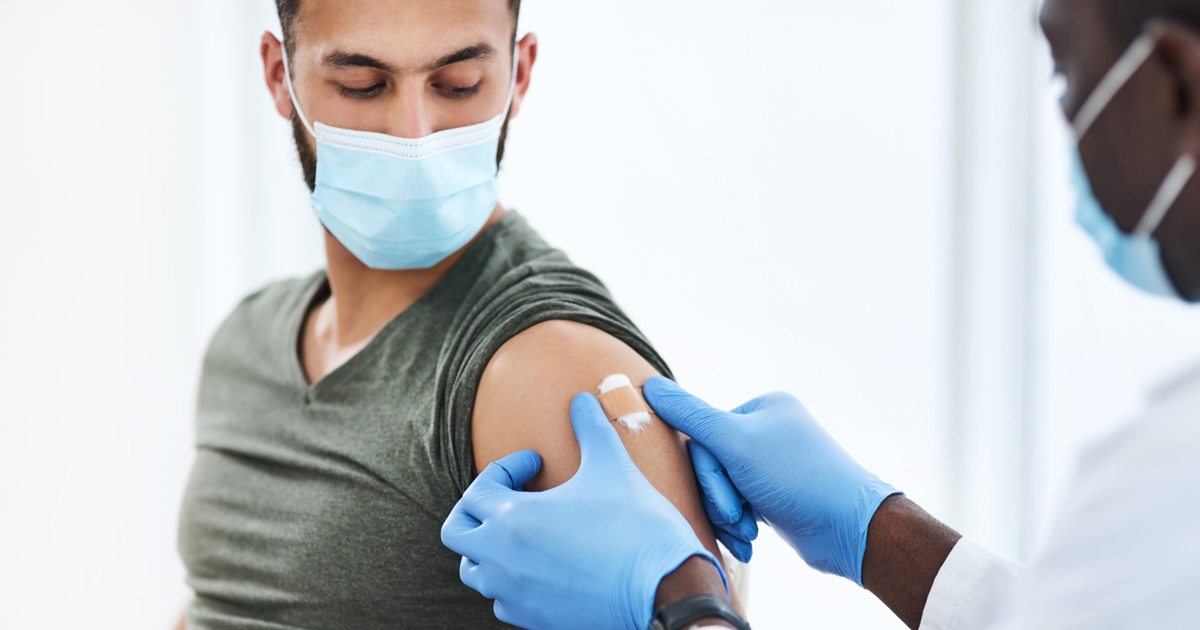You asked, we answered: Do the COVID-19 vaccines cause vaccine enhanced disease?

Question:
Do COVID-19 vaccines cause antibody-dependent enhancement (ADE), also known as vaccine enhanced disease (VED)?
Answered by infectious diseases expert Nada Fadul, MD:
Antibody-dependent enhancement (ADE) is something researchers watch for very carefully and is extremely rare. In ADE, certain antibodies make it easier for viruses to get into cells. This is bad because it would mean a virus or a vaccine makes people more at risk for severe disease.
If COVID-19 vaccines caused ADE, people who are vaccinated against COVID-19 would have more severe disease. This is not happening. On the contrary, people who are vaccinated typically have very mild disease or none at all. In fact, the majority of COVID-19 deaths in the U.S. are people who aren't fully vaccinated. In May, fully vaccinated people made up just 0.8% of COVID-19 deaths. That means 99.2% of COVID-19 deaths were in unvaccinated people.
The COVID-19 vaccines are safe. More than 155 million people in the United States are fully vaccinated. The COVID-19 vaccines protect you from severe disease and death. Get your vaccine today.
A note for concerned parents: Zero vaccines given today cause ADE. An older measles vaccine and a respiratory syncytial virus (RSV) vaccine were removed from use after showing evidence of causing ADE. A dengue virus vaccine causing ADE was also discontinued for young children.




